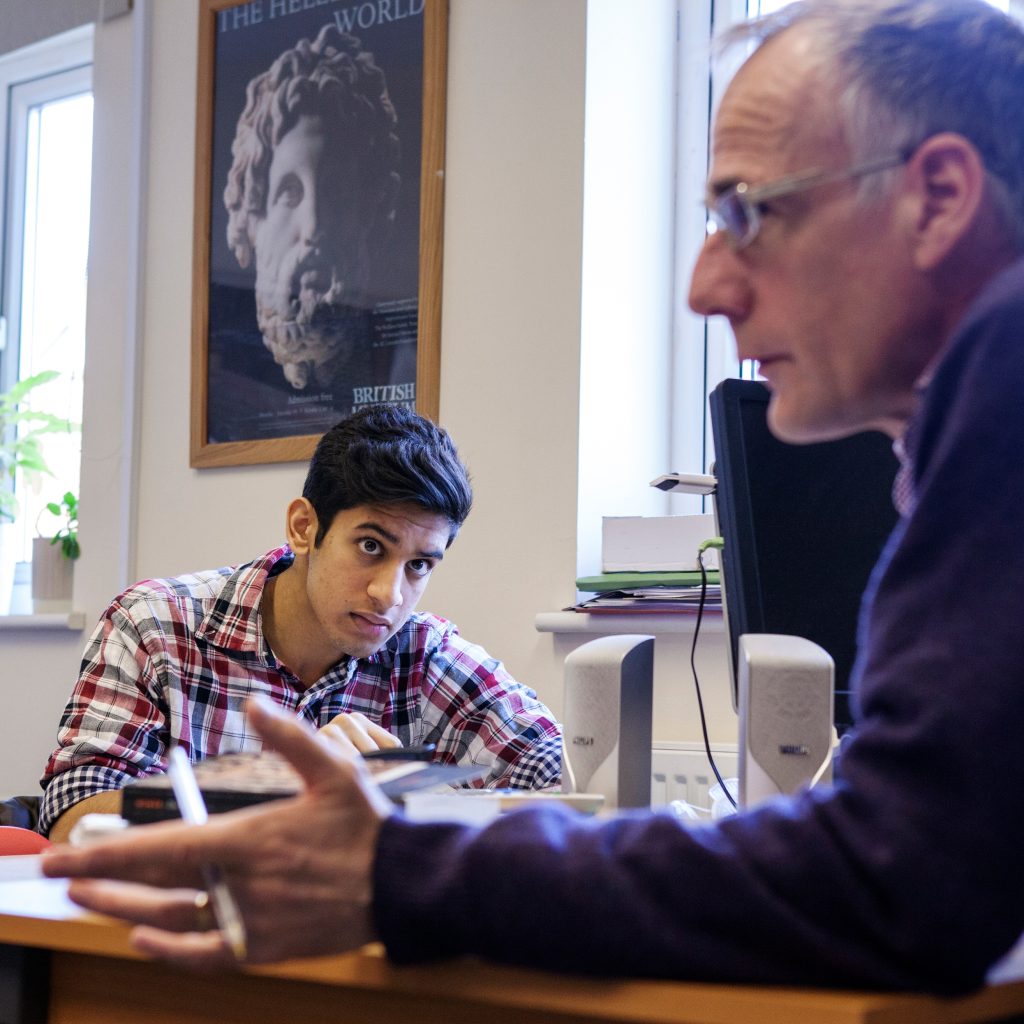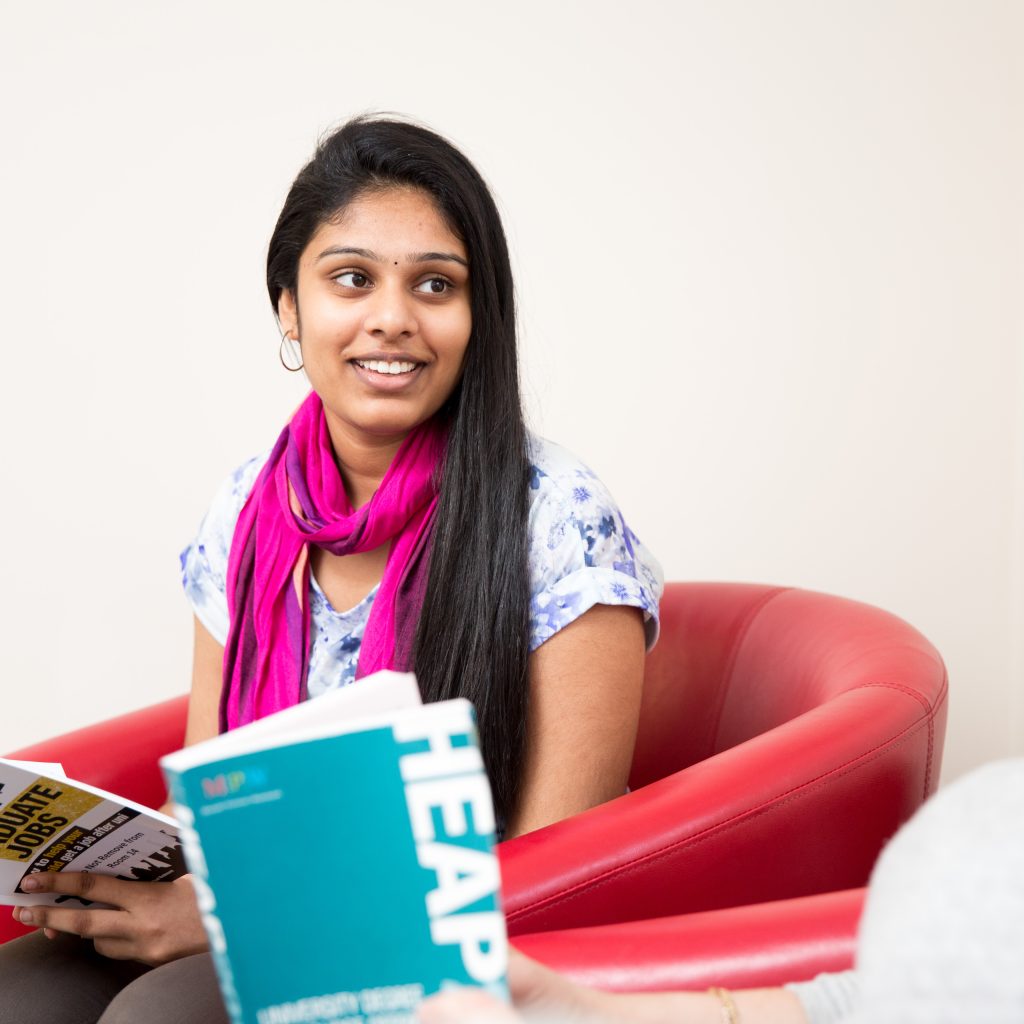Do you have a lively and enquiring mind, an interest in politics and current affairs, a desire to explore new ideas and an ability to communicate your ideas effectively? Perhaps you like doing subjects that affect your everyday life or generally have a keen appreciation of the need to participate in the decision-making process? If so, Politics A level could be for you. And, at the moment, there could hardly be a more interesting time to study the subject.
Students in the Politics department have a record of producing high grades and of going on to read politics, history, international relations and business degrees. Many of our students come to the course with no knowledge of the subject and end by wishing to study it further at university.
Politics Courses
We offer Politics as a one-year as well as a two-year A level. Students in the Politics department have an outstanding record of producing high grades and of going on to read Politics, History, International Relations and Business degrees. Many of our students come to the course with no knowledge of the subject and end by wishing to study it further at university. You will learn:
- How to develop a critical awareness of the nature of politics and the relationship between political ideas, institutes and processes;
- What the structures of authority and power are within the political system of the United Kingdom and the United States, and how these may differ from those of other political systems;
- What the rights and responsibilities of individuals are in order to encourage participation by citizens within society;
- How to develop personal effectiveness through a critical awareness of political events and issues, and empathetic understanding of the main political viewpoints and the skills required to argue a case with relevance and coherence;
- A clear understanding of the ideologies and theories, motives and values that underpin political processes and governmental decision-making and the role of institutions in resolving conflicts, formulating public policies, and allocating scarce resources.
This course will appeal if you enjoy debating current affairs and politics generally, have a keen appreciation of the need to participate in the decision-making process, like doing a subject that affects your everyday life, or that offers the opportunity to progress to a career in politics, or simply to keep your options open – Politics can be a useful choice for a wide range of careers and can be combined with a wide range of sciences, social sciences and humanities subjects.
Course Content
The two-year A level A level course in Politics consists of three units of assessment based on the following content:
Component 1: UK Politics and Core Political Ideas
2 hours, 33.3% of the qualification, 84 marks.
Section A: Political Participation
Students will study: Democracy and political participation, political parties, voting patterns and behaviour, two or more recent general elections, the role of the media.
Section B: Core political ideas
Students will study the principle background ideas of modern politics – the ideologies of Conservatism, Socialism and Liberalism, with emphasis on five of the most important thinkers behind each political idea.
Component 2: UK Government and Non-Core Political Ideas
2 hours, 33.3% of the qualification, 84 marks
Section A: UK Government
Students will study the main institutions of the UK system: The features and evolution of the Constitution, the Prime Minister and the Core Executive, Parliament, and the relationship between the branches of Government.
Section B: Non-core Political Ideas
Students will study one idea from the following: Anarchism. Ecologism, Feminism, Multiculturalism, Nationalism with emphasis on the main thinkers behind each political idea.
Component 3 (Option A): The USA and Comparative Politics
2 hours, 33.3% of the Qualification, 84 marks
Section A: The Government of the USA
Students will study: The US Constitution and Federalism, the US Congress, the US Presidency, the US Supreme Court, Civil Rights, Democracy and Participation.
Section B: Comparative Theories
Students will study theoretical methods of comparison between the UK and US systems, using rational, cultural and structural approaches to evaluate the similarities and differences between the two systems.
A level Results
2024 |
A*/A |
A*-B |
| 33% | 83% |



